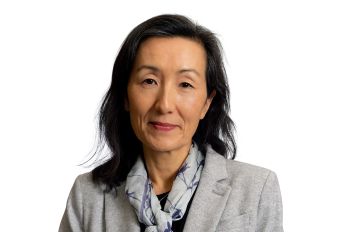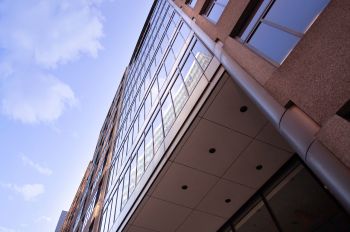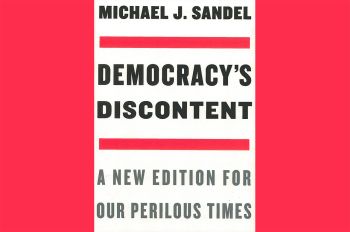Katharine K. Baker named Distinguished Professor of Law at Illinois Institute of Technology
Illinois Institute of Technology has appointed Katharine K. Baker to the rank of Distinguished Professor at Chicago-Kent College of Law. Distinguished Professor, the highest rank awarded to faculty, recognizes preeminent achievement in scholarship and teaching.
Professor Baker, who joined Chicago-Kent's faculty in 1993, focuses her scholarship on family law and feminist jurisprudence. She has written extensively about sexual violence, in particular about the legal and social understandings of rape and sex. In recent years, she has focused more on family law issues, writing numerous articles on the interrelationships between legal, cultural and biological constructions of parenthood, marriage and family.
"We are privileged to have Professor Baker on our faculty," said Harold J. Krent, dean of Chicago-Kent College of Law. "Through her creative and insightful research, she has become one of the preeminent family law scholars in the country."
At Chicago-Kent, Professor Baker has taught courses in Contracts, Property, Family Law, Evidence, Environmental Law, Gender and Sexual Orientation and experiential courses on Domestic Violence and Strategic Problem-Solving. From 2001 to 2009, she served as associate dean for faculty development. She has been a visiting professor at the University of Pennsylvania Law School, Yale Law School and Northwestern Law School.
Professor Baker earned her bachelor's degree in social studies from Harvard-Radcliffe College and her law degree from the University of Chicago. After law school, she clerked for the Honorable Edward R. Becker of the Third Circuit Court of Appeals in Philadelphia, then worked as a trial attorney with the Environmental Enforcement Section of the U.S. Department of Justice.
Founded in 1888, Chicago-Kent College of Law is the law school of Illinois Institute of Technology, also known as Illinois Tech, a private, technology-focused research university offering undergraduate and graduate degrees in engineering, science, architecture, business, design, human sciences, applied technology, and law.



